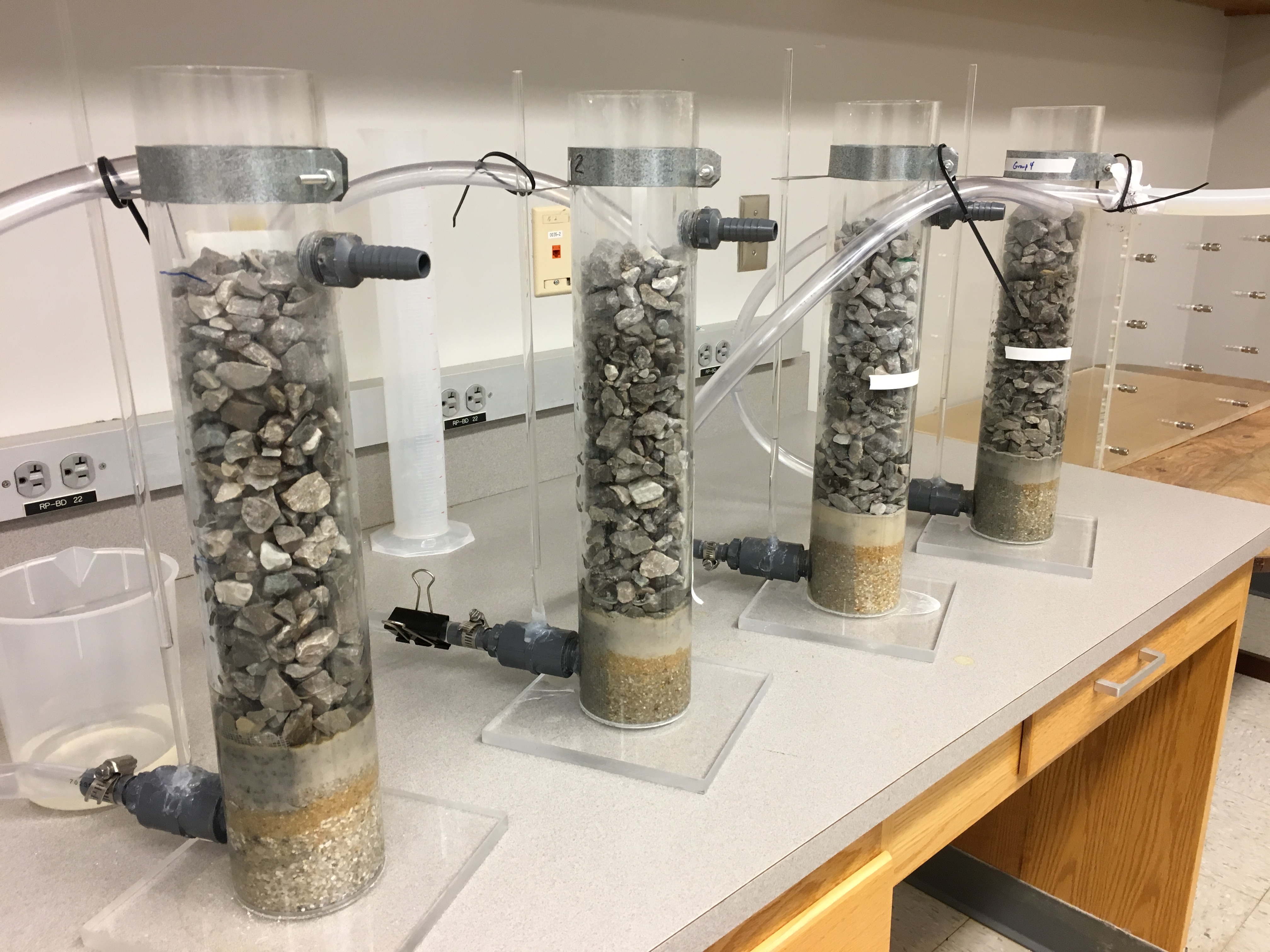
Computer Tablets Provide Positive Distraction for Some Children
Dr. Sherwood Burns-Nader was honored recently with the Association of Child Life Professional’s 2018 Professional Research Recognition Award for directing a study that found computer tablets provide a distraction that reduces pain and anxiety in pediatric burn patients undergoing hydrotherapy.








